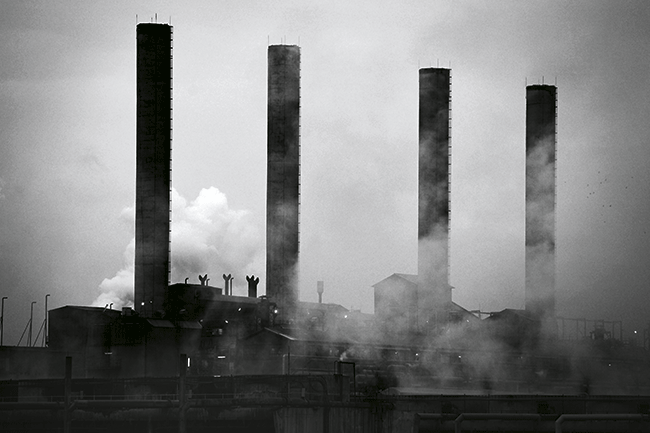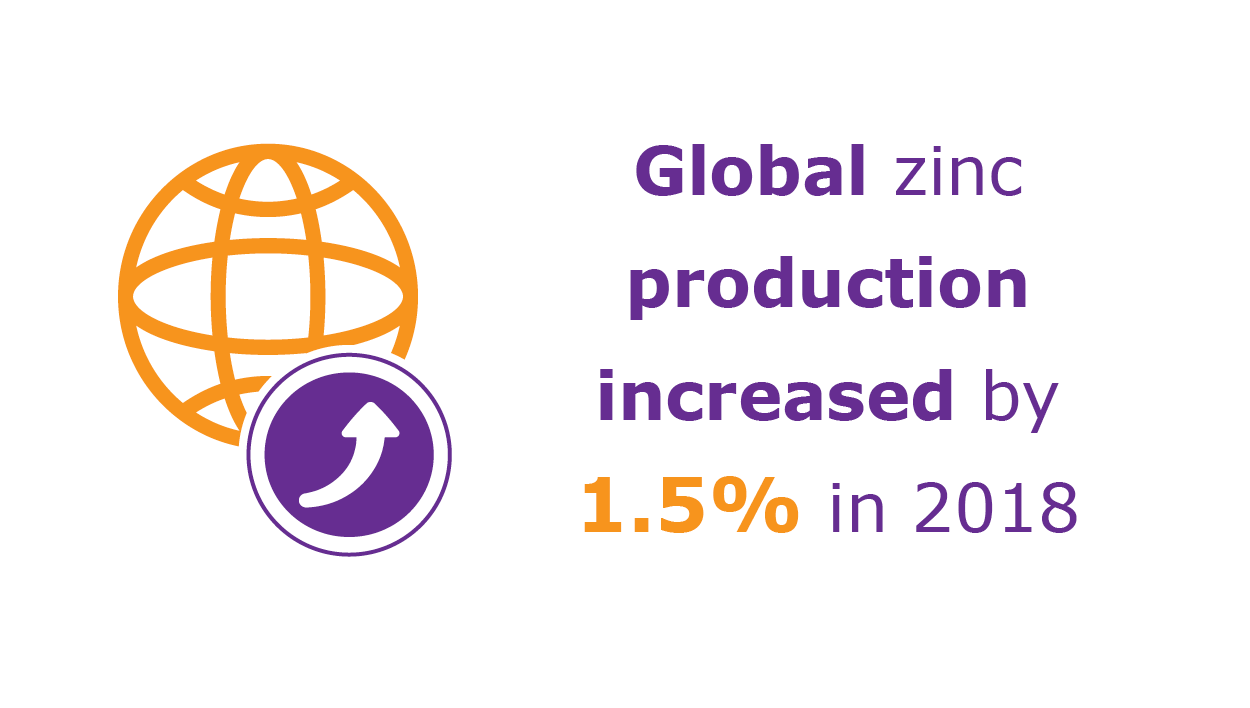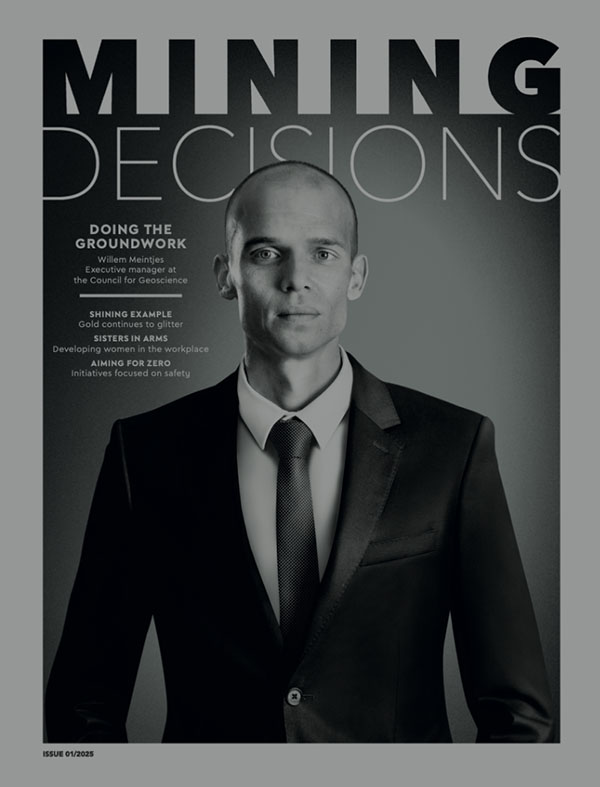Despite continued disagreement from some quarters, it is increasingly clear that the world’s climate is changing as a result of man-made greenhouse gas emissions.
Scientific and governmental opinion has varied little over the last decade and the international position is represented by the latest report from the Intergovernmental Panel on Climate Change. The report argues with 95% certainty that human activity is the primary source of emissions.
States across the world have taken steps to mitigate emissions or promote decarbonisation through market forces. Having committed to reducing emissions to 34% of current levels by 2020, South Africa is now poised to do the same, with a new carbon tax taking effect in 2015.
If it’s accepted that CO2 emissions and methane are responsible for climate change, then South Africa has an important responsibility to mitigate that change in future.
The country’s total emissions are in the top 20 worldwide at 547 million tons in 2010. It’s also been estimated that almost 80% of the country’s emissions come from oil and gas and ‘basic resources’ activity, including mining and minerals refining of all kinds.
This masks significant variation between various parts of the economy – by far the highest emissions come from the energy sector and fuel processing operations such as Sasol. Smelting operations for aluminium and iron also produce high emissions. Most front line mining activity is relatively less carbon intensive, and the bulk of emissions are generated through purchasing coal-generated electricity, an unavoidable necessity given South Africa’s current energy infrastructure.
But there are still significant emissions from mining operational activity. A report last year compiled by analytics firm Trucost calculated that gold production was the most carbon-intensive mining sector in the country. It was based on a subset of operations at an average 264 tons of carbon emitted per million rand of revenue (CO2e/Rmn). Platinum group metals mining achieved the lowest average emissions at 147 tons of CO2e/Rmn, while other mining activities averaged 150 tons of CO2e/Rmn.
Importantly, the report noted a substantial difference between the best and worst performers – the lowest emissions from a gold producer were 99 tons of CO2e/Rmn, while the highest stood at 454 tons of CO2e/Rmn.
This indicates room for improvement at some mining operations, although specific plans required for each project’s geology means not all operations can be equally decarbonised. The wide range of emissions intensity is also important given the specifics of South Africa’s proposed carbon tax, suggesting that some companies will pay much more than the industry average.
The carbon tax was first proposed in 2010 and its design has been subject to various changes. After publication of a white paper last year and an updated policy document in May, the tax is now scheduled to be introduced in January 2015.
It seems evident that the carbon tax will impact on the revenues and competitiveness of South Africa’s mining houses
Government intends implementing the measure gradually, arguing that a phased approach will ‘send the necessary policy and price signals to investors and consumers to ensure that future investments are more climate resilient. This will minimise the need for retrofitting, as well as the risk of embarking on redundant large-scale major capital projects and investments’.
The tax intends raising up to ZAR30 billion in revenues, which will be used to reduce the impacts of pricing being passed on to the poor, and to help fund emissions mitigation schemes. Its revenues, and the model for its efficacy, are based on a floor price of ZAR120 per ton of CO2 or equivalent gases emitted, increasing significantly over time.
At first glance it seems evident that the carbon tax will have at least some impact on the revenues and competitiveness of South Africa’s mining houses. It comes at a time when mining companies are already reassessing their situation in light of the general tax review announced by government in July. The review has been specifically directed to assess the sector’s tax and royalty structures in a climate where the ruling party has made it clear that it anticipates higher state revenues from mining.
The carbon tax announcement has been met with resistance or ambivalence from many industry bodies, including Business Unity South Africa and the South African Chamber of Commerce and Industry. Groups such as the Industry Task Team on Climate Change – which includes heavyweights such as BHP Billiton, Rio Tinto, Anglo American, Xstrata and Exxaro among its members – have expressed concern that South Africa has not fully explored its potential for emissions abatement prior to introducing the tax. The team has asked government to clarify the implicit carbon levy already built into national electricity prices.
Little publicly available modelling of the potential costs to mining companies is available. A report published by Trucost last year, based on the introduction of a carbon tax in 2014, suggests that costs may be significant.
The analytics firm calculated that operating income would fall by an average of 19% for basic resources companies, with an average increase of 11% in the ratio of debt to earnings, and an average fall of 5% in returns on equity and assets. This is to some extent supported by government’s own analysis, which predicts that mining sector output will most strongly be affected by the new tax, a result of the sector’s high electricity use.
However, given recent amendments to the policy, it’s no longer clear that mining firms will experience major impacts. As analysts have noted, the tax includes an automatic exemption for 60% of emissions at the sector average. This means for most companies the effective tax per ton of CO2 falls immediately from ZAR120/ton to ZAR48/ton. Further exemptions are possible if the operation is deemed inherently CO2 intensive or trade exposed. Some companies will therefore pay as little as ZAR12/ton (or ZAR1 800 per million rands of revenue, based on emission intensity figures from Trucost), while only the most carbon-inefficient mining companies will be substantially penalised. The potential for reducing liabilities under the carbon tax has led to some organisations suggesting that the effective rate will not be enough to incentivise emissions reduction.
The University of Cape Town’s Energy Research Centre has argued that an absolute price of ZAR120/ton is necessary to promote carbon mitigation. Meanwhile the World Wide Fund for Nature (WWF) has proposed that the measure ‘may not be sufficient to incentivise the much-needed behavioural and technological shifts … and could lead to unintended consequences of an unfair cost burden to the consumer’.
The success of carbon tax and the extent of its impact on South African mining will largely be determined by developments internationally
Much debate has focused on the outcome of similar policies elsewhere, particularly in Australia – a competitor mining jurisdiction where carbon taxes were at the centre of recent general elections. The country’s new prime minister, Tony Abbott, has set about repealing the tax after winning a popular mandate by arguing that it had reduced growth and employment.
However, the assertion that carbon tax has hurt Australia’s economy has been disputed. The WWF notes that GDP grew in line with long-term trends and employment increased while the tax was in operation.
It also argued that taxes have been successful in reducing emissions in the UK, Ireland, Sweden and Denmark.
Also, while arguments can be made about the competitiveness of South African mining companies in relation to those based in states where no carbon tax exists, this argument cuts both ways. Analysis from the journal Accountancy SA notes that by 2015, only 15% of South Africa’s foreign trade will be with countries that have not priced carbon emissions into their own economy. As a result, failure to apply carbon taxes locally may mean that South African mining companies still pay some form of emissions penalty for their local production, but that these payments do not accrue to the country itself.
The success of carbon tax and the extent of its impact on South African mining will largely be determined by developments internationally, and the forms and prevalence of similar measures elsewhere. The evolution of the country’s energy sector will also be a determining factor.
Mining companies remain tied to expensive coal-powered electricity, but the country is currently seeing the fastest growth rate in renewable energy investment globally. This will offer increased opportunities for reducing emissions and liabilities.
In assessing the carbon tax, it is difficult to argue with accountancy firm EY’s assessment: ‘The social conscience of both corporations and individuals alike cannot object to the principles underlying the introduction of a carbon tax as a mechanism for alleviating the negative effects of carbon emissions into the atmosphere.
‘This is provided that this premise remains the sole motivation for the implementation of the tax.’






